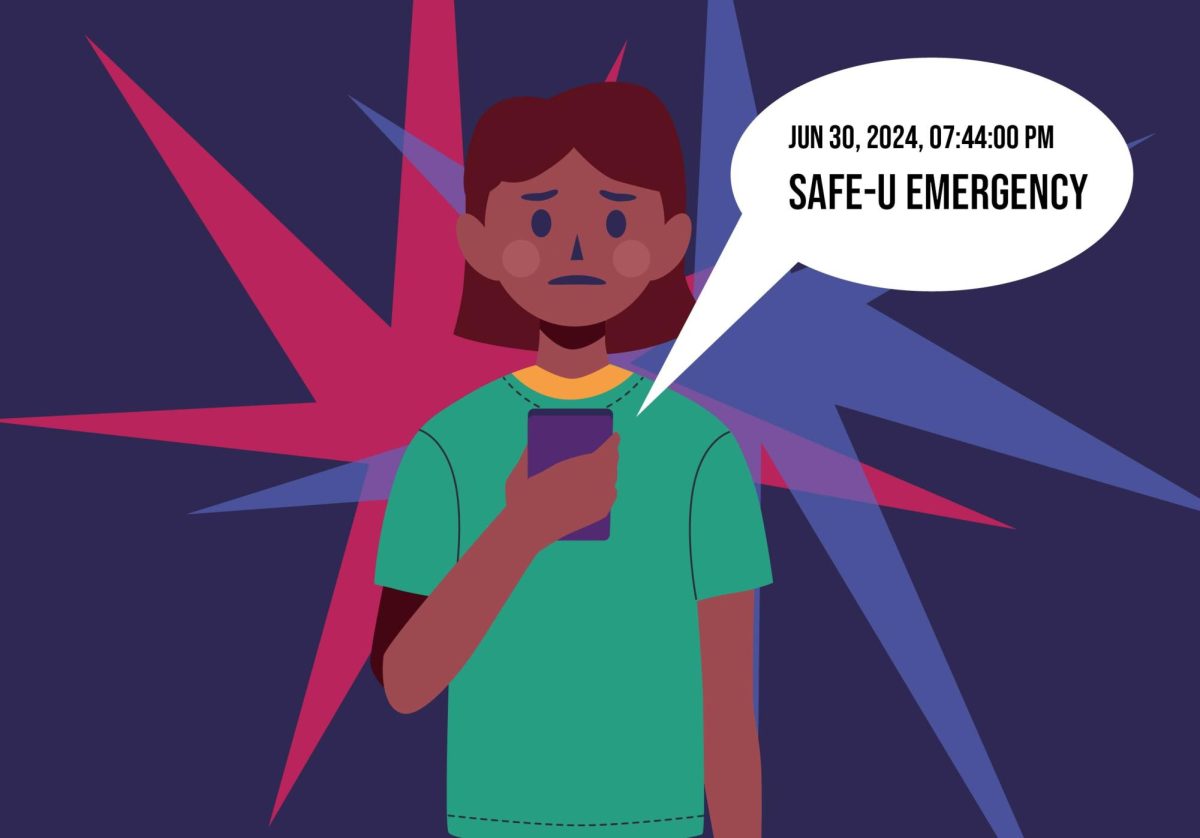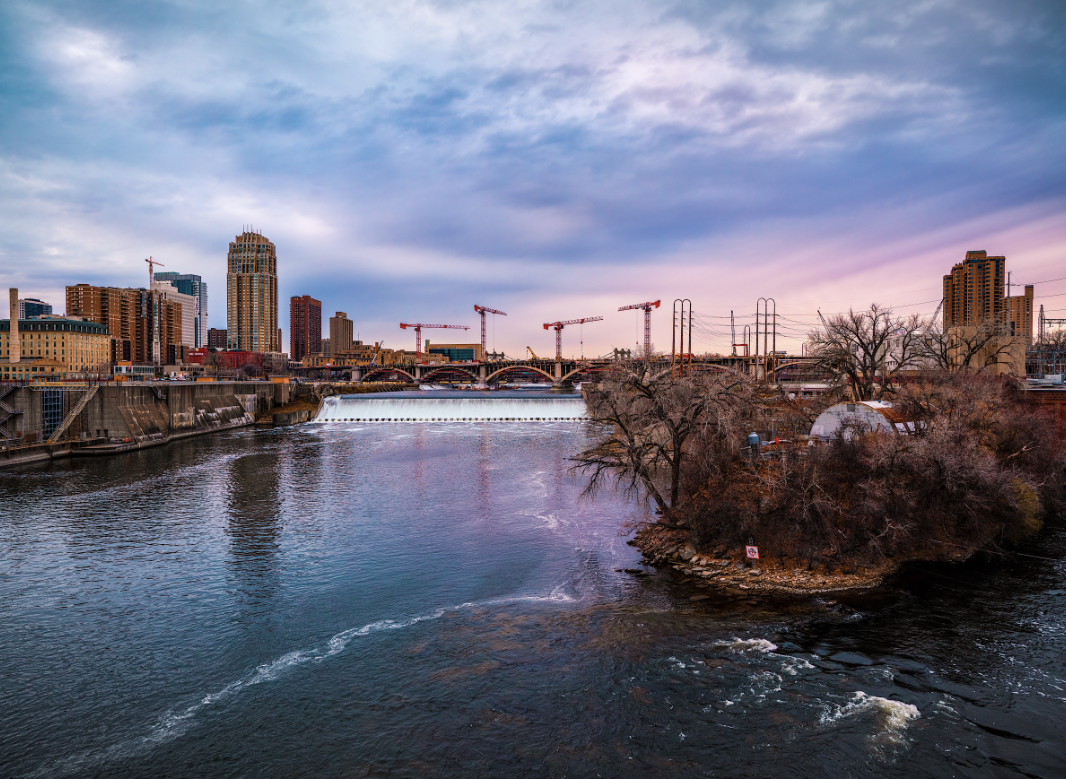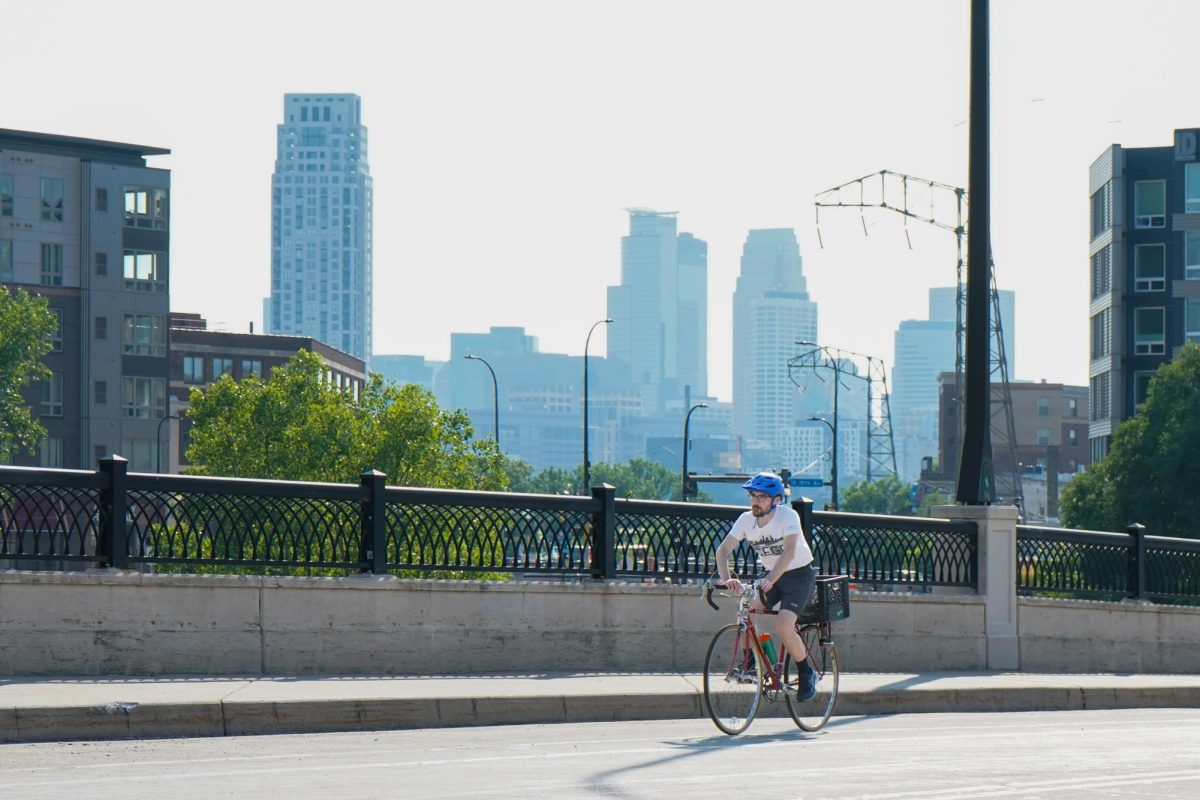A magnitude 7.8 earthquake hit Turkey and Syria on Feb. 6, hitting close to home for University of Minnesota students and faculty from the affected areas.
The earthquake left 1.5 million people displaced from their homes, with the death toll exceeding 50,000. The epicenter was in the Kahramanmaras region in southeastern Turkey, located near the Syrian border.
“I can’t stop thinking about the people there”
Sabina Isayeva, a second-year international student from Istanbul, Turkey, said she was studying when she got a call from her mom, who was visiting relatives in Greece at the time and broke the news of the earthquake.
“I didn’t expect it, and she goes, ‘There’s been an earthquake,’” Isayeva said. “I didn’t even know how bad it was until I saw the videos, news and photos.”
Isayeva has friends living in Hatay, Turkey, which was one of the affected cities. However, her friends were on spring break at the time of the earthquake and were not in the city.
Despite not having lost anyone in the earthquake, the grief and pain still lingers.
Puren Oncel, a Ph.D. student from Turkey, found out about the earthquake from her cousin, who lives in the Kahramanmaras region.
Oncel said she has been feeling anxious since the earthquake happened, which has prevented her from attending classes. For a week, she looked on YouTube first thing in the morning for updates following the earthquake.
“I cannot stop thinking about the people there and their future,” Oncel said in an email to the Minnesota Daily. “I kept wondering about what I could do if something like this happened to my family.”
Isayeva said she often thought about the earthquake while studying at the library and cried after watching videos online. She said she has been relying on other Turkish students for support.
One of Isayeva’s teaching assistants, who is from Turkey, reached out to her about her family’s well-being. Isayeva said her friend also attended a meeting held by the University’s Turkish American Student Association on Feb. 12, where she and other Turkish students gathered to talk about the earthquake.
“I think talking about it made it less painful to me because I think it’s not being talked about as much in America,” Isayeva said.
UMN’s Turkish community organizes support
Pinar Karaca Mandic, a finance professor from Ankara, Turkey, said she appreciates the support she has received from students in the classes she teaches.
“Lots of students wrote personal messages saying, ‘We’re thinking of you, don’t worry about grading our assignments, just take care,’” Mandic said.
Mandic is working with organizations such as the Turkish American Student Association in fundraising efforts to donate essentials, such as clothing and diapers, to earthquake victims. She also invited Turkish students to her home for a dinner to help support one another.
“Every Turkish student I’ve talked to had a feeling of ‘We feel ashamed because we are in our warm homes; we feel ashamed to eat because tens of thousands of people are in this situation,’” Mandic said.
Despite her hometown not being affected by the earthquake, Isayeva said she is worried it will be hit with an earthquake similar to the Kahramanmaras earthquake after hearing about recent reports from seismologists who correctly predicted the Kahramanmaras earthquake.
Assistant professor Max Bezada, who specializes in seismology, said another earthquake could hit Turkey due to its proximity to two fault lines, which are fractures in the earth’s surface where movement takes place.
“You can’t really predict when an earthquake will happen,” Bezada said. “What makes earthquakes particularly deadly is not the earthquake itself, but what kind of structures are built, and the structures in Turkey were not built to withstand this kind of earthquake.”
Mandic said support of any kind, from a kind word to a donation, can be helpful to those affected.
“It is the most difficult when you are a scholar who doesn’t have immediate family with you,” Mandic said. “Regardless of the extent that your family is affected, any word of support goes a long way.”



























